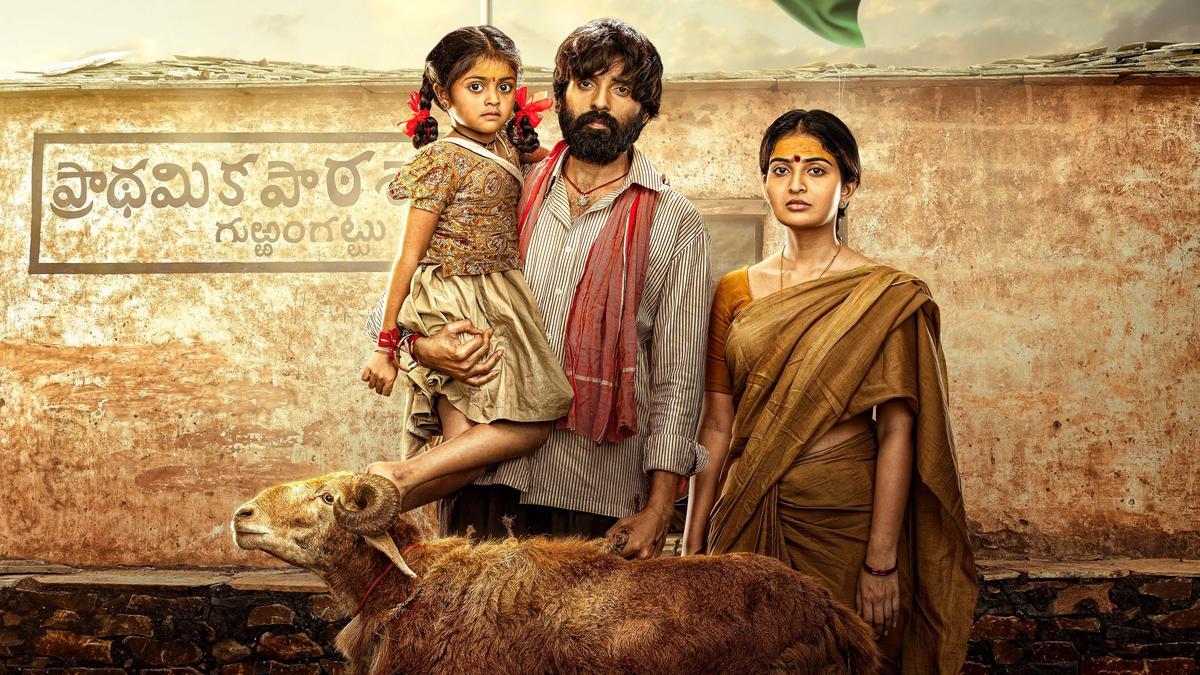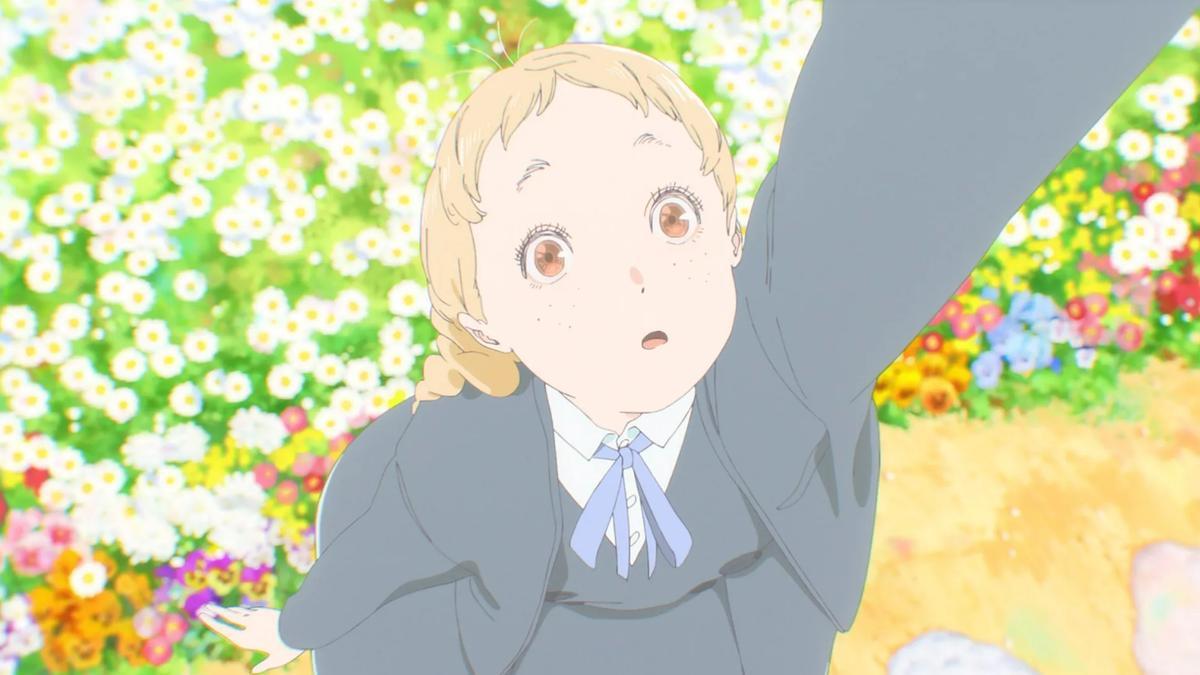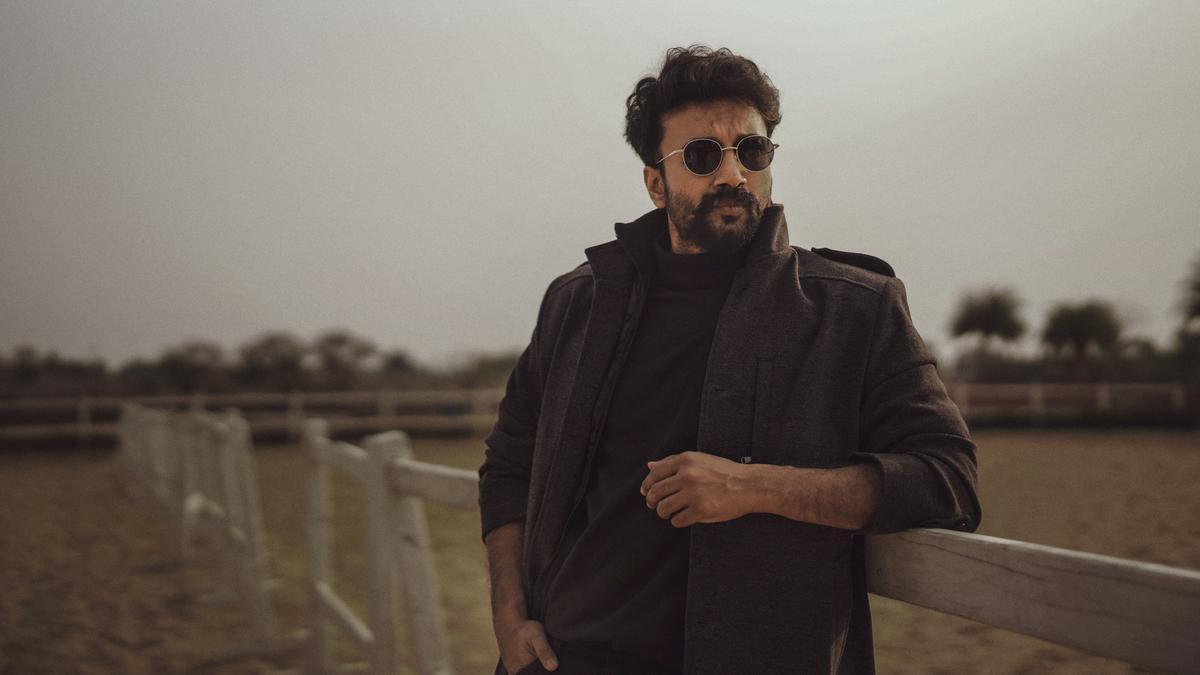
In the heart of the Vikarabad region of Telangana, the Telugu film “Pottel” unfurls as a narrative not for the faint-hearted. Directed and penned by Sahit Mothkuri, this film is as much a cultural commentary as an artistic endeavor, exploring how education serves as a formidable tool against systemic oppression, thereby opening avenues for improved healthcare and lifestyle. Set a few decades back, “Pottel” brings forth themes of caste and class struggles that resonate with contemporary societal issues. Despite its historical backdrop, the film’s message is as timely as ever, skillfully portrayed by an adept cast including Yuva Chandra Krishna, Ananya Nagalla, Ajay, and a talented ensemble of child actors.
The technical nuances also support the film’s narrative ambitions, yet the storytelling is not without its imperfections. The melodramatic currents run deep, often submerging the more poignant moments under a tide of emotional excess. The frequent depictions of brutality against women and children demand a resolute audience, willing to traverse these harrowing scenes to grasp the overarching message.
At the core of “Pottel” lies a dramatic confrontation between two protagonists: Patel, portrayed by Ajay, a despotic figure wielding power in oppressive rituals and sacrifices under the guise of religious fidelity, and Gangadhar, played by Yuva Chandra, a man whose vision for equality is firmly tethered to the pursuit of education. These two stand at opposite poles of the social spectrum, embodying the eternal struggle between enlightenment and ignorance. Mothkuri wastes no time setting the stage for this duel of ideologies, opening the film with a display of Patel’s ruthless control juxtaposed against Gangadhar’s desperate race to rescue his daughter from his clutches.
The film delves into Patel’s troubled upbringing, laying bare the roots of his tyrannical nature. His character, rooted in mass masala cinema archetypes, represents an all-pervasive power lust that challenges Gangadhar’s more nuanced and idealistic approach. Here, the women in Patel’s sphere silently bear his wrath, while the villagers, mired in blind tradition, rarely muster the courage to oppose him.
“Pottel” distinguishes itself from typical dramas about oppression by illustrating the indispensability of education with a poignant lesson: a father loses his daughter to a well, a tragedy that could have been averted if only one of his sons could read the warning sign. This understanding lights a fire in him, a resolve to secure education for his children, despite knowing the formidable opposition posed by the entrenched upper-class Patels who monopolize the village school.
Narratively, Sahit Mothkuri illustrates that change is a gradual journey, one that may span generations before yielding tangible freedom.
. Gangadhar, the goatherd who remains resistant to the herd mentality, infuses the storyline with refreshing detail. In defiant irony, he names his daughter Saraswathy, reflecting both hope and the challenges that lie in educating her beyond caste restrictions. The symbol of a male goat, or “pottelu” in Telugu, becomes a pivotal part of the narrative, reflecting ritualistic practices that fuel the storyline.
Gangadhar’s quest for change finds an ally in his robustly characterized wife, Bujjiamma, played by Ananya Nagalla. Her role stands out against the passive backdrop of village women, revealing her distinctiveness as the narrative gradually unfolds her backstory.
“Pottel” thrives on its critical theme of education’s power but stumbles with an overreliance on melodrama. The film’s insistence on depicting the harsh treatment of dissenters — men, women, and children alike — as tools for emotional leverage sometimes overshadows its substantial message. Scenes intended for dramatic impact, like the repeated assaults on women and children, risk alienating viewers who may see these as manipulative rather than necessary narrative devices.
However, not all is grim. There are glimmers of hope, like when a previously apathetic teacher undergoes a transformation, or when a child discerns the meaning in a pamphlet long treated as mere waste. These elements hint at the film’s potential before it reverts to more conventional tropes.
Despite its flaws, “Pottel” is buoyed by strong performances. Yuva Chandra Krishna, Ananya Nagalla, and Ajay deliver compelling portrayals, anchoring the film amid its dramatic tides. Complementing their performances, Sekhar Chandra’s evocative score and Monish Bhupathi Raju’s photography vividly capture the unforgiving landscape and austere life, enriching the cinematic experience.
Ultimately, if “Pottel” focused less on Patel’s overt maleficence and instead harnessed a subtler storytelling approach, it might stand as a more convincing narrative from the rural hinterlands. As it is, “Pottel” — now available in theaters — presents an engaging yet challenging viewing experience, urging audiences to discuss and reflect on its weighty themes.










